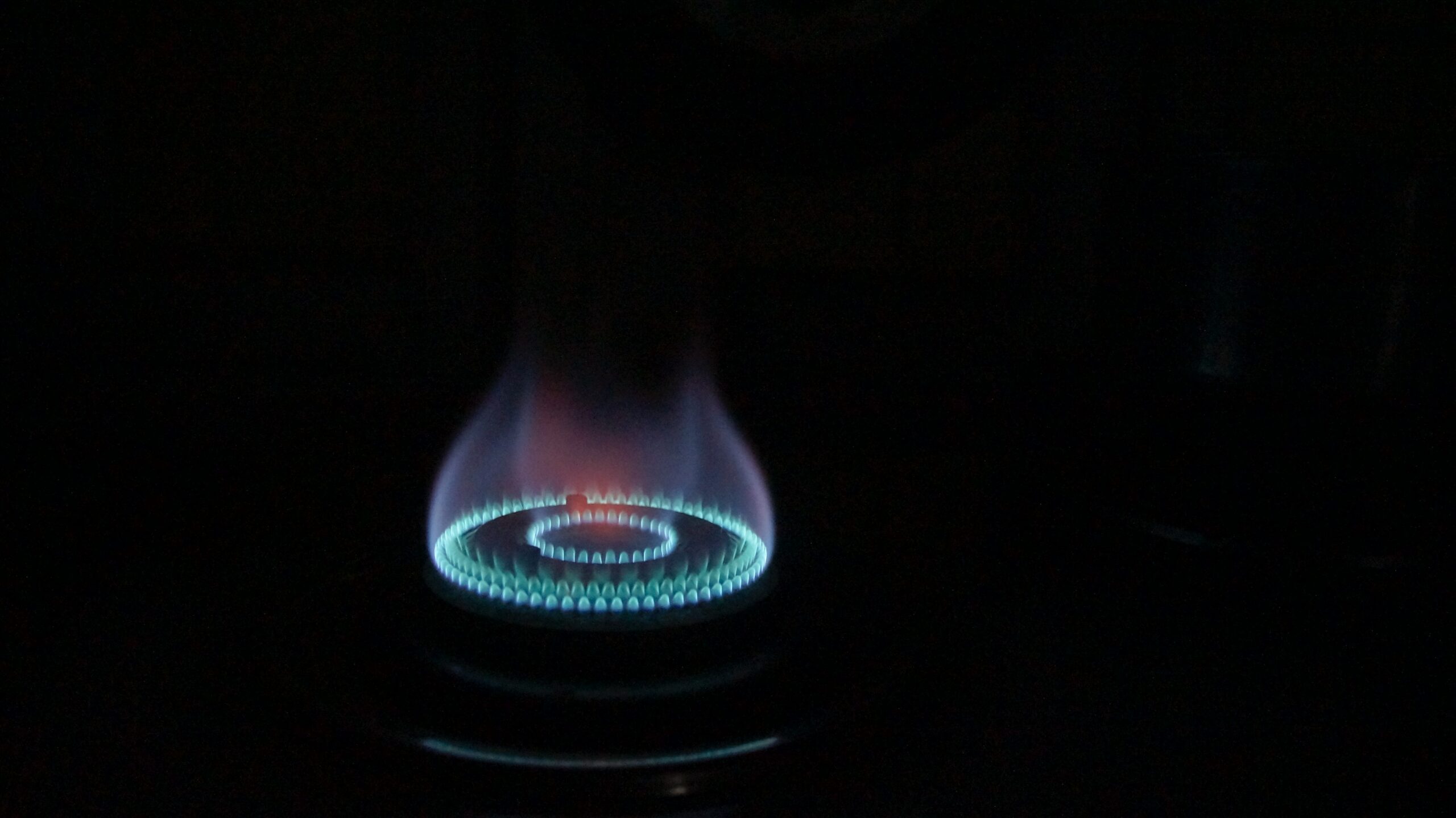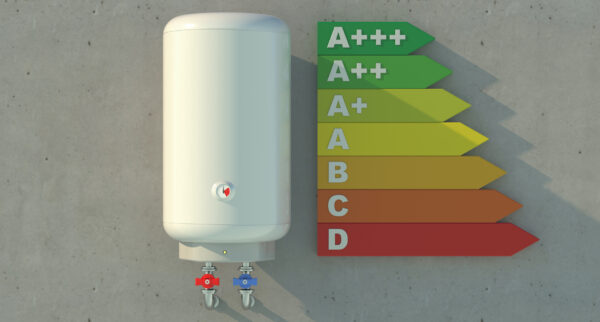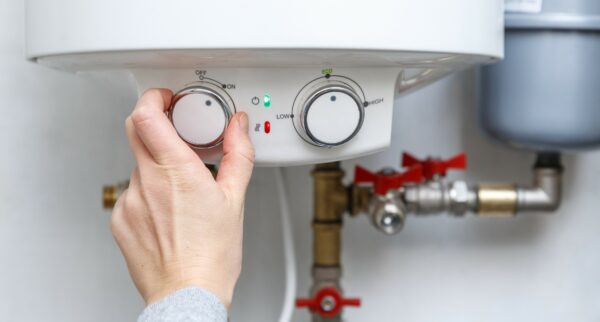Call us today 0207 32 32 999
The UK Government has announced a plan to ban gas boilers in new homes from 2035. The ban, which is part of the government’s ongoing strategy to reach net zero by 2050, is set to dramatically reduce the number of new gas boilers being fitted in the coming years.
Instead of traditional gas boilers, new homes will be installed with more environmentally friendly heating sources, such as heat pumps or hydrogen boilers. It’s a move that’s been welcomed by environmental organisations, with many stating that it would be impossible to reach net zero without such a measure.
Talk of an impending gas boiler ban has had many people worried that they’ll be expected to invest in a brand new boiler or alternative heating source in the next few years – but that isn’t the case.
Read on for everything you need to know about the gas boiler ban to find out what the new legislation means for you.
Why Are Gas Boilers Being Banned?
Gas boilers are being phased out due to the carbon emissions that they produce.
Heating is one of the biggest contributors to our carbon footprints. Nearly half of the world’s energy consumption is spent on heating. It’s also responsible for 40% of energy-related carbon dioxide emissions.
The amount of energy used to heat a home varies considerably around the world, of course. Those who live in cooler climates will require far more energy to keep their homes at a comfortable temperature than those in sunnier climes.
In the UK, the figure is similar to the global average, with heating accounting for around half of our overall energy usage. And that means that change is needed if we are to reach net zero by 2050.
When Will Gas Boilers Be Banned?
Existing gas boilers aren’t being banned in the immediate future, but new homes will be installed with alternative heating systems, like heat pumps, from 2035.
The move is expected to reduce carbon emissions considerably, while still providing homeowners with energy efficient heating options that are reliable and affordable to run.
Those who are looking to invest in a new boiler or heating system soon are also being encouraged to opt for more eco-friendly options. The government has announced a number of grants, designed to lessen the financial impact of switching to a new heating system.
Under the Boiler Upgrade Scheme, eligible homeowners could claim up to £5,000 towards their purchase of low carbon heating options. The scheme opened in April last year and will welcome applications from interested homeowners for three years. The total value of the scheme is £450 million.
The Gas Boiler Ban Scotland
In Scotland, the net zero target is even more ambitious. The Scottish Government has set a deadline of 2045 for its strategy, which also includes the phasing out of fossil fuel heating over the coming years.
Scotland’s First Minister Humza Yousaf has remained firm in his decision to ban the installation of new gas boilers from 2025, despite recent changes to this target being announced for England. This means that new homes in Scotland will be fitted with alternative heating sources from 2025.
The Scottish Government is also moving towards reducing the number of petrol and diesel vehicles on Scotland’s roads by 2030, by investing in infrastructure for more eco-friendly options, and incentivising the purchase of such vehicles.
Will Gas Boilers Really Be Banned?
Initially, gas boilers were expected to be banned in new build properties in England from 2025. Rishi Sunak hit the headlines in September as he announced a relaxation of many of the government’s key net zero targets, including a change to the gas boiler ban’s 2025 date.
As part of his shift in green policies, Sunak moved the gas boiler ban back to 2035. As we head towards this deadline, it’s possible that the timeline and specific regulations could shift once again, however current rules remain firm on a 2035 cut off date.
While the government may allow new gas boilers to be fitted beyond this date, there are many other reasons to make the switch to an eco-friendly option when your current boiler needs replacing.
There’s now little doubt that low carbon heating options such as heat pumps and hydrogen boilers are the future. Investing early could save you considerable amounts of money on your heating bills over the coming years.
Do I Need to Get Rid of My Existing Boiler?
In a word, no. If your existing boiler is working well and shows no signs of needing replacement, then we wouldn’t advise that you tear it out to install a new one.
Traditional gas boilers are huge contributors to our overall carbon footprint, but modern boilers are relatively energy efficient and (if they’re well looked after and serviced regularly) should continue to work well for many years to come.
Eco-friendly options come with a whole host of different benefits that make them a really attractive choice right now – and that’s before we even mention the grants that dramatically cut the cost of switching to these forms of heating.
Talk to our team to find out more about eco-friendly heating and we’ll take you through some of the best options for your property.
Best Alternatives to Gas Boilers
There are many alternatives on the market, but only a few really stand a chance of overtaking gas boilers to become the go-to heating source of the future.
Let’s take a look at some of the best gas boiler alternatives to opt for right now.
Heat Pumps
Heat pumps are powered by electricity, which is increasingly reliant on renewable energy sources. And while electric heaters have had a bad reputation in the past, the technology used in heat pumps is something else entirely.
A heat pump works by capturing heat outside of a property, and moving it indoors. It can do so even in the coldest climates.
Heat pumps have seen a rapid rise in popularity in recent years, particularly within Europe. In 2020, no less than 1.5 million heat pumps were installed in Europe, and this is a trend that shows no sign of slowing down.
Heat pumps are key to the UK reaching its net zero target, which is why the government is now incentivising the installation of this technology.
Hydrogen Boilers
Hydrogen is a clean alternative to methane. It produces water when it’s consumed as energy. The carbon-free fuel source could well play a pivotal role in reducing the country’s heating-related carbon emissions.
A hydrogen boiler is simply a boiler that can run on hydrogen, as well as the natural gas that other boilers use. Currently, most new boilers are capable of running on a blend of natural gas and hydrogen. Boilers usually use a blend of 20% hydrogen gas and 80% natural gas.The infrastructure required to support a switch to 100% hydrogen isn’t yet available. However, in the future it’s likely that we’ll see the ratio of this blend change, as we start to rely more on hydrogen.
Invest in a hydrogen boiler and you’ll be able to sit back and relax, safe in the knowledge that your boiler can handle a higher concentration of hydrogen when this comes.
Heat Networks
Heat networks use a number of underground pipes to distribute heat via hot water.
Most heat networks are what’s known as a communal heat network. A network of pipes is used to supply heating to several different customers, all of whom reside in one building. In such scenarios there will be a large boiler located somewhere in the building (normally the basement), and this boiler powers the whole network.
There’s also another type of heat network known as a district network, which sees a similar network of underground pipes used to heat several different buildings. This communal solution is set to increase in prevalence in the future, as it offers a low carbon way of heating numerous buildings at once.
The Government is currently working in partnership with industry and local authorities to increase the number of heat networks in the UK, under the Heat Network Transformation Programme (HNTP).
Get More Advice on the UK Gas Boiler Ban
There are big changes coming in the world of heating, and now is the time to get ahead of the curve. Improve your energy efficiency by switching to a low carbon option – and take advantage of current government grants and incentives.
For more information on eco-friendly options that’ll reduce your energy bills and carbon footprint at the same time, get in touch with our team.





